![]()
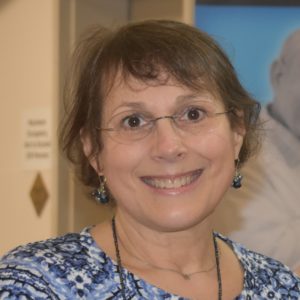
Karen Botnick Paz has spent much of her adult life advocating for people with disabilities in the Jewish community. This month, she is retiring as the Donor Research and Special Projects Associate at the Jewish Federation of Greater Atlanta. In her honor, the Karen Botnick Paz Jewish Abilities Fund has been established at the Atlanta Jewish Foundation.
Karen has dedicated herself to the Jewish community and championed programs that provide resources to help individuals and families navigate the challenges of living with a disability. This passion has been Karen’s lifelong focus and is deeply personal to her.
As a young girl, she went to Camp Barney Medintz, first as a camper in the early 70s and then as a counselor. She remembers that one year, a girl in her cabin was developmentally disabled, and this young woman had no specialized support. She recalls how difficult camp was for this friend and how some of the other girls in their cabin didn’t understand her struggles; they singled her out and made her feel different.
Witnessing this had a profound impact on young Karen. “It was a different time, of course; there was so much we didn’t know. But how much easier would this camp experience have been if she’d had the resources she needed?” Through social media, Karen has reconnected with her. This woman, now in her 60s, is finally going to college—with those cabin mates from long ago cheering her on as she proudly posts her most recent accomplishments.
Special needs support in Atlanta’s Jewish community was just beginning in 1966 when the Atlanta Bureau of Jewish Education started a Sunday School program called Havanah. In 1976, in partnership with the Atlanta Jewish Community Center, a day camp program was added. In September 1982, the Atlanta Bureau of Jewish Education re-structured Havanah, adding a program called Amit to serve students with learning disabilities. Havanah continued to work with students with more significant developmental disabilities.
Karen began her involvement with Amit as a volunteer in the late ’90s as a board member for Jewish Educational Services (JES). At the time, Amit was a special needs Sunday School program run by JES. In 2001, it became an independent agency serving the Atlanta Jewish community in a broader capacity and eventually a SACS accredited school program called The Amit Community School. In 2004, Karen’s work as a volunteer transitioned into a professional role as Director of Programming at Amit.
While at Amit, she worked closely with the Coordinated Network of Services for Persons with Disabilities, which was started in 1989 by the then-named Atlanta Jewish Federation. It brought together three agencies: the Marcus Jewish Community Center of Atlanta (MJCCA), Jewish Family & Career Services (JF&CS), and The Amit Program. Of these programs, Karen says, “MJCCA provided social and recreational programs, JF&CS offered vocational support and independent living, and Amit expanded special education support services.”
In 2013, Karen began working at the Jewish Federation of Greater Atlanta as part of the Philanthropy Team while continuing her passion for disability advocacy.
In 2015, a diagnosis made her life’s passion even more personal. She learned that she has an inoperable brain tumor, which she has likely been living with for 10 or more years. The news was shocking but also explained so much. The seizure medication affects her energy levels, and the tumor’s location impacts her executive function (and it has been doing so for a long time). Karen’s children have learning differences, and her daughter has Tourette Syndrome. Karen spent years learning what accommodations they needed to be happy and successful adults and was able to use those lessons to advocate for her own needs. The parallels remind her of a quote attributed to Albert Einstein: “Coincidences are G-d’s way of remaining anonymous.”
She says that proper accommodations for people with differences are invaluable. Her children have thrived thanks to the specialized support they received. And thanks to the resources at her fingertips, Karen could continue her career. She felt she must continue her profession after her diagnosis, saying, “Doing this work has been more than a job. It has been a supportive place for people to connect while working to make the community more inclusive and welcoming.”
While Karen is retiring from the professional world, she does not plan to stop her advocacy work anytime soon. “Because I have institutional knowledge of our community, I feel a responsibility to represent all those who came before. I want to continue championing the connections and relationships that have made such a difference. There is still work to be done.” When asked what she looks forward to about retirement, Karen says, “Aside from spending more time with family and friends, I want to tap back into my creativity and use those skills to preserve family history and memories; we all deserve to be more than a picture on a wall once we are gone.”
The Karen Botnick Paz Jewish Abilities Fund will undoubtedly ensure that. This endowment will support Federation’s Jewish Abilities Atlanta (JAA) initiative. JAA aims to provide a welcoming and accessible Jewish community, foster collaboration around disability inclusion, and increase the capacity of Jewish Atlanta organizations to engage people with differing abilities. Karen says, “Our community offers a wide net of services, and people don’t always know they’re available until they need them.” She hopes more people will learn of Jewish Atlanta’s accessibility initiatives and feel welcomed into the community. And the fund that bears her name will allow many more people in Atlanta to benefit from JAA’s work.
Karen shared, “I have been blessed with a meaningful career and ongoing opportunities to make a difference. This quote, which I learned from my late father, has shaped my life both professionally and personally: The work is not for you to finish, nor are you free to desist from it. Pirke Avot: 2:21.”
Karen will be thanked for her service to the community at the Women’s Philanthropy Fall Event on Wednesday, October 26th, at 6:30 pm at Temple Sinai. Register for the Women’s Philanthropy Fall Event here.
To contribute to the Karen Botnick Paz Jewish Abilities Fund, please click here.
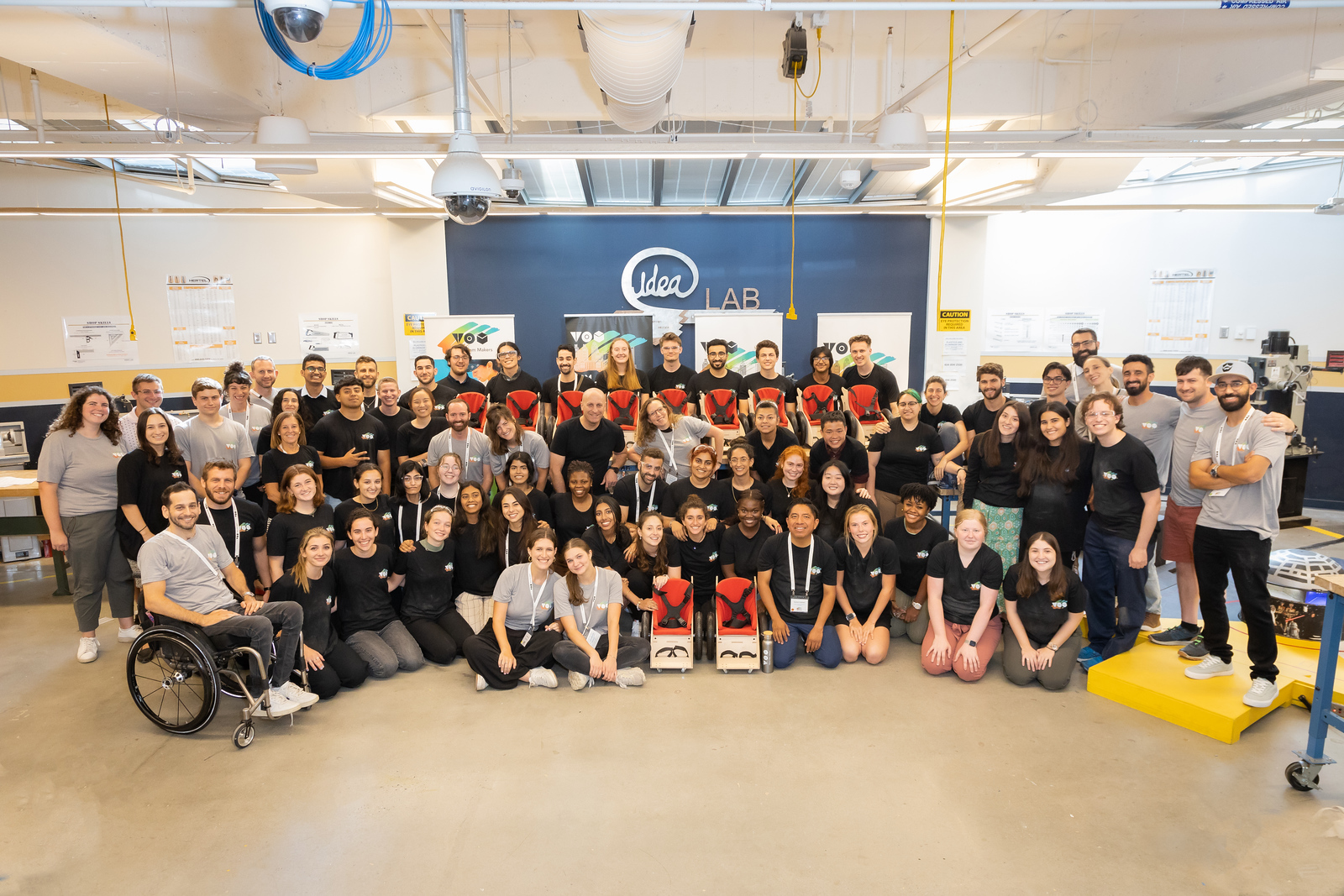

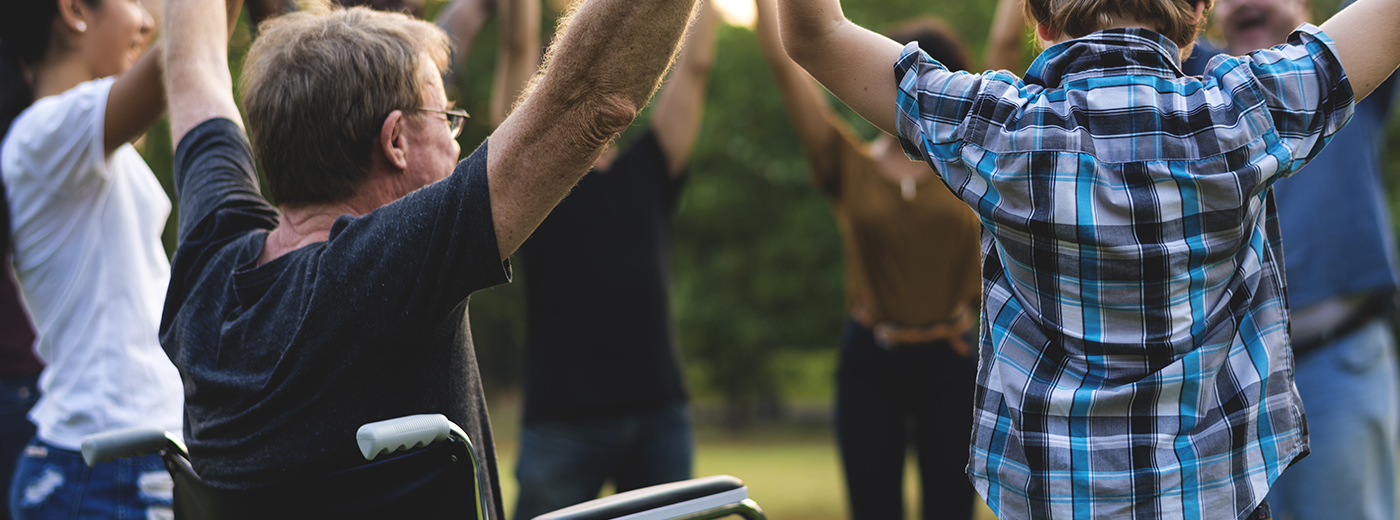

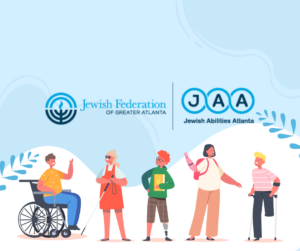 When Eleanor Pearlman heard about
When Eleanor Pearlman heard about 

 The
The 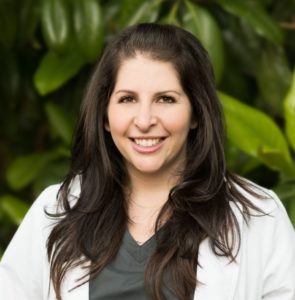
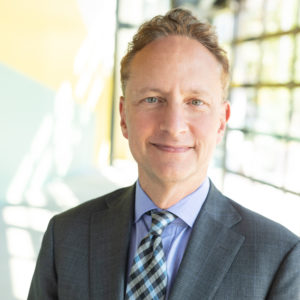 February is Jewish Disabilities Awareness and Inclusion Month. This subject is personal to our family, and we have experienced firsthand how the Federation helps people with disabilities more fully participate in all that Jewish Atlanta offers. Federation does so in multiple ways.
February is Jewish Disabilities Awareness and Inclusion Month. This subject is personal to our family, and we have experienced firsthand how the Federation helps people with disabilities more fully participate in all that Jewish Atlanta offers. Federation does so in multiple ways.


